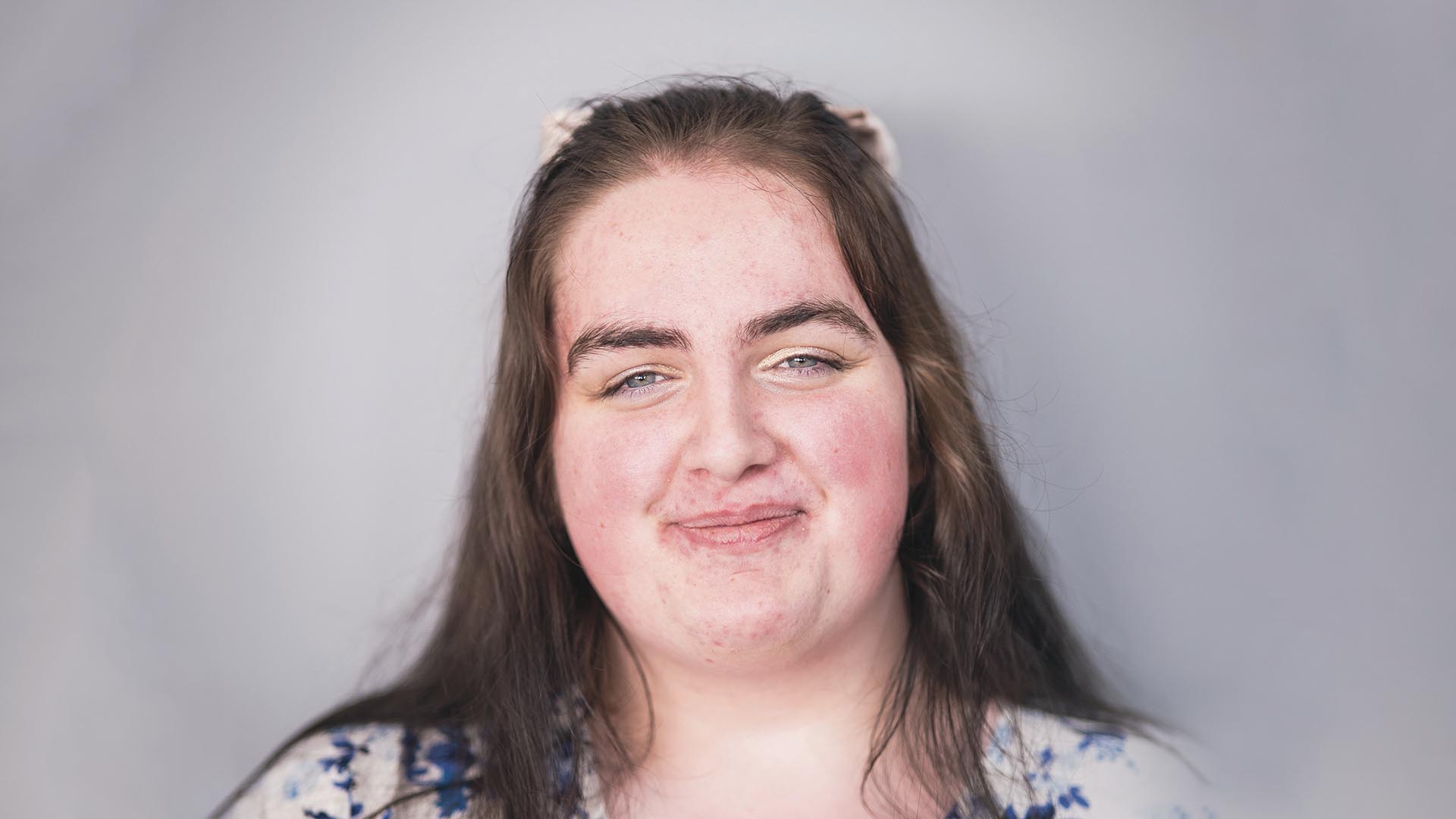I asked for my name to be changed on the school register to Alice, a process that I knew should only take a couple of seconds, but it became one that required hours of persistence to achieve, with my friends and I regularly gathering outside the principal’s office to ask why it had not yet happened.
I became the first female trans student to wear a skirt to my school. I’ve supported other trans kids through my local LGBTQ+ youth group, and I’m always happy to answer respectful questions about what it means to be trans.
That’s why the UK Supreme Court’s ruling in April felt like such a huge blow. When I read the news, I felt sick, as though all the work I’d done and how far I’ve come in the past seven years was for nothing.
I read the advice from the Equality and Human Rights Commission that followed the court decision in dismay. It stated that trans women, now defined as a ‘biological man’, should not be permitted to use women’s toilet facilities. Since that day I’ve not used the toilet in a public place as it simply doesn’t feel safe. What if someone started shouting, or asked me to leave the toilets? What if someone reported me to a security guard or worse, called the police, because I’d gone for a pee?
Read more:
Trans women have been painted as evil abusers. I’m studying childcare and my ambition is to train as a primary school teacher. What do I do if a parent of a child I’m working with demands I resign from my job? How would I cope if a school where I’m on a placement won’t let me go to bathrooms? These are not questions other students on my course are concerned about, and it feels unfair that I should have to consider them.
And when I saw the pictures of the women who brought the case, celebrating outside court and popping bottles of champagne, it felt like a punch in the gut.
I always thought, perhaps naively, that older generations worked to make the world better for younger ones. I’d even tried to do that at school for trans kids who were younger than me. But these women haven’t welcomed people like me, tried to help us or even just left us alone – after all trans people represent just 0.5% of the population according to the last Census. Instead, anti-trans campaigners have used their influence, power, money and experience to target our community and create division and fear.
The judgment has led to thousands more foul and abusive comments about trans people abounding on social media, and I felt I could see my ambitions and dreams for the future disappearing. I certainly wasn’t in the mood for champagne.
But the future isn’t all bleak. The other people in my youth group accept me unquestioningly for who I am. I was at a meeting with them on the day after the judgment and I burst into tears – they all came over, gave me a hug, said something silly and we dissolved into laughter. The pre-school children I work with sometimes ask, “Miss, are you a girl or a boy?” I tell them I’m a girl and they understand and accept that.
I hope that this judgment will just be a small setback on the eventual road to greater equality, safety and acceptance for trans people. And I hope that, together with the other teenagers who are editing this edition of Big Issue, we can prove that the Supreme Court judges and those who celebrated outside the court have got it wrong.
Trans people should not be feared or excluded. We have a valid and important contribution to make to everyday life, and we have just as much right to be happy and successful as anyone else.
Do you have a story to tell or opinions to share about this? Get in touch and tell us more. Big Issue exists to give homeless and marginalised people the opportunity to earn an income. To support our work buy a copy of the magazine or get the app from the App Store or Google Play









